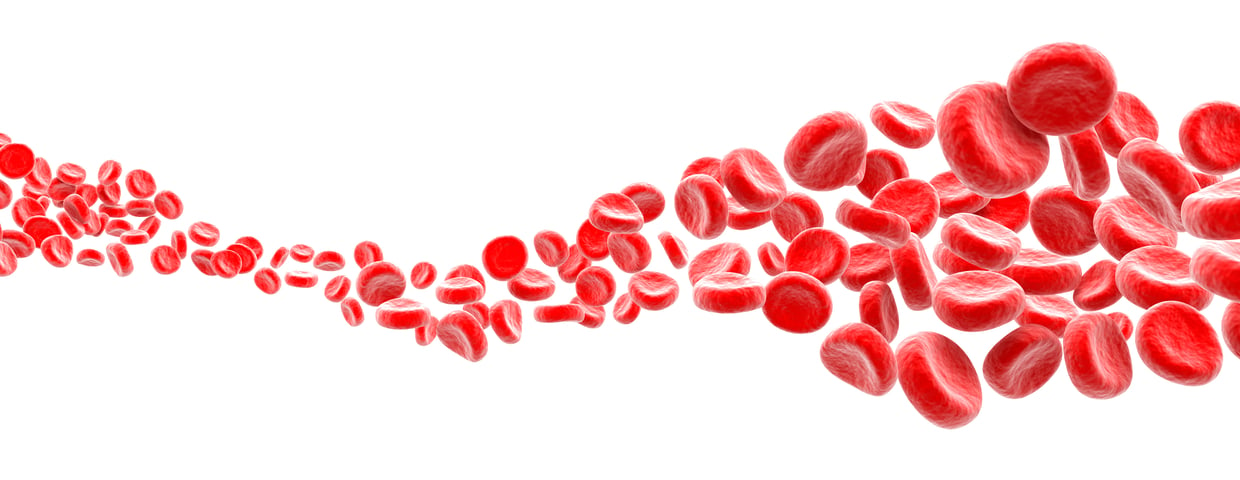With more than 40% of adults in the U.S. affected by obesity—and nearly 10% facing severe obesity—finding effective weight loss solutions has never been more important. Many turn to weight loss clinics for personalized plans and professional support, but do weight loss clinics work?
Today, we’ll break down the effectiveness of weight loss clinics, what they offer, and how they stack up against other weight loss methods. By exploring the pros and cons, you’ll be able to decide if a clinic is the right fit for your weight loss journey.
What Services Do Weight Loss Clinics Offer?
Weight loss clinics offer a range of services designed to help people achieve and maintain their weight loss goals. These clinics offer personalized programs specific to each patient's needs and health profile. Common services include nutrition and diet plans, medical supervision, behavioral counseling, and, in some cases, prescription medications or non-surgical weight loss procedures.
Personalized Weight Loss Plans
At many clinics, you’ll get a weight loss plan that is built just for you. It’s based on your health, goals, and how you live day-to-day. These plans focus on making realistic changes that help you lose weight safely and keep it off.
Here’s what a personalized plan usually includes:
- Custom diet plans that fit your tastes and needs.
- Exercise routines designed to match your abilities.
- Behavioral strategies to help you break bad habits.
- Regular check-ins to track your progress and keep you on course.
Medical Supervision and Support
When medical experts monitor your progress, you can be assured that you’re losing weight in a healthy way. Doctors or specialists adjust your plan as needed and ensure that you stay on track.
Some perks of medical supervision are:
- Health check-ups to make sure everything is going as planned.
- Tweaks to your plan if your body needs something different.
- Access to prescriptions if they are a part of your treatment.
- Expert support to guide you through tough spots and keep you motivated.
Behavior Modification Techniques
Changing how you think about food and exercise is just as important as any diet or workout plan. Some clinics may use behavior modification techniques to help you break old habits and build new, healthier ones.
Some common techniques include:
- Mindful eating practices to help you recognize hunger cues.
- Cognitive-behavioral therapy (CBT) to reshape your thoughts around food and exercise.
- Setting realistic goals to stay motivated and track your progress.
- Accountability strategies like journaling or working with a coach.
Prescription Weight Loss Medications
In some cases, diet and exercise alone might not be enough to achieve your goals. This is where prescription medications like appetite suppressants come in. Under medical supervision, certain weight loss medications can help boost your results by controlling your appetite or preventing your body from absorbing fat. These aren’t magic pills but can be an important tool in your overall plan.
Prescription medications may help with:
- Reducing cravings to make it easier to stick to your diet.
- Controlling appetite so you feel fuller faster.
- Limiting fat absorption so your body doesn’t store as much.
- Boosting metabolism to increase calorie burn.
Do Weight Loss Clinics Work?
The big question many people ask is do weight loss clinics work and truly deliver results? The answer is yes, but with a few caveats. Clinics provide structured programs that include expert guidance, medical oversight and custom plans designed for each individual. These things help people stay on track, making it easier to stick to a plan and avoid the setbacks that often come with trying to lose weight on your own.

However, success depends heavily on your commitment and consistency. Weight loss clinics can provide all the tools, but it’s up to you to put in the effort. While clinics are not a one-size-fits-all solution, for many, they offer a solid foundation for lasting change.
Clinic vs. At-Home Program Success Rates
When it comes to losing weight, you might wonder if it’s worth investing in a clinical program or if you can get the same results doing it alone. Research from the University of British Columbia (UBC) suggests that paying for a professional weight loss program leads to better results than trying to tackle the weight loss by yourself. Dr. Lesley Lutes, who led the study, found that participants who joined a structured weight management program lost more than twice as much weight as those who used a do-it-yourself approach.
The study, which followed over 370 people in Canada, the U.S., and the U.K., showed that those in the professional program had greater success not only in losing weight but also in keeping it off over time. Participants attended weekly workshops, received personal assessments, and had access to an app that made tracking less overwhelming. In contrast, DIY participants were given typical weight loss tools, like meal plans and self-monitoring apps, but were left to manage everything on their own.
The key takeaway? Professional programs provide ongoing support, simplified tracking, and a sense of accountability, all contributing to greater long-term success. While at-home programs can work for some, the structured environment of a clinic provides people with the extra push they need to meet their goals.
Pros and Cons of Weight Loss Clinics
Like any approach to weight loss, clinics come with their own set of advantages and drawbacks. Whether a clinic is the right choice for you depends on your personal needs and goals. Here’s a look at some pros and cons.
Pros of Weight Loss Clinics:
- Expert guidance with access to professionals who create personalized plans.
- Medical supervision for safe, monitored weight loss.
- Structured programs with clear steps and accountability.
- Behavioral support to help break bad habits.
- Advanced options including access to medications or treatments.
Cons of Weight Loss Clinics:
- Can be expensive.
- Regular appointments are required, which can be time-consuming.
- May be uncomfortable discussing your weight with a stranger.
How Weight Loss Clinics Can Support Your Journey
Weight loss clinics offer a level of support that’s tough to get on your own. With expert guidance, your plan is designed just for you and adjusted as needed. Regular check-ins ensure you’re losing weight safely, while behavioral support helps tackle emotional eating and motivation—key factors in long-term success.
While it can be expensive and time-consuming, the benefits of having a structured plan, professional advice, and ongoing accountability often outweigh the downsides. If you’re serious about sustainable weight loss, a clinic can provide the tools and support to help you succeed.
Why TransformYou is the Best Choice for Personalized Weight Loss
If you’re asking, “Do weight loss clinics work?” TransformYou is a great example of how they can. With a variety of pre-designed weight loss packages, including appetite suppressants, peptide therapy, and other medical options, TransformYou offers everything you need to kickstart your weight loss journey. Our programs are created to help you lose weight safely and effectively, with professional support every step of the way.
If you’re ready to take the next step toward your weight loss goals, TransformYou has the right package to get you there. Contact us today to learn more.
Read next in Medical Weight Loss

Senolytics: Dasatinib & Quercetin
By Dr. Robb Bird

Orforglipron: The Oral GLP-1
By Dr. Robb Bird

SLU-PP-332: The Next-Generation Mitochondrial Booster for Fat Loss and Longevity
By Dr. Robb Bird
Medically reviewed by Dr. Robb Bird, NMD FAARM
Medical Director, Transformyou
